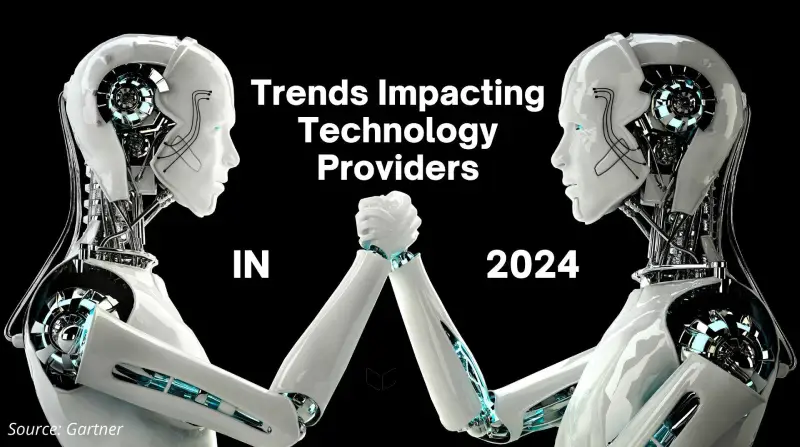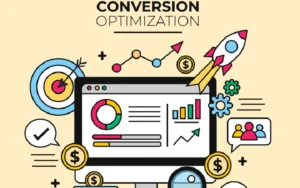Revolutionizing Business: Exploring the Impact of AI in Enterprise
The use of artificial intelligence (AI) in business is rapidly changing the way organizations operate. With advancements in technology, businesses are now able to leverage AI in various areas such as customer service, data analysis, marketing, and decision-making. This has sparked a revolution in the corporate world, with more and more companies turning to AI in order to gain a competitive advantage. In this paper, we will explore the impact of AI in enterprise and how it is revolutionizing the business landscape.
The Benefits of Implementing AI in Enterprise
The implementation of AI in enterprise comes with a multitude of benefits. Firstly, as mentioned earlier, it increases productivity and efficiency by automating routine tasks. This not only saves time but also leads to cost savings as businesses can now operate with smaller teams. Secondly, AI can uncover patterns and correlations in big data, enabling companies to make data-driven decisions that can help them stay ahead of the competition. This can also lead to improved customer experiences, as AI can personalize interactions and recommendations based on customer data.
Moreover, AI can also reduce the risk of human error in areas such as data entry and analysis, resulting in more accurate and reliable insights. This can help companies avoid costly mistakes and improve overall performance. Additionally, AI can also handle tedious and repetitive tasks, freeing up employees to focus on more strategic and creative aspects of their job. This can boost employee satisfaction and motivation, leading to a more positive work environment.

How AI is Transforming Business Operations?
One of the main reasons why AI is transforming business operations is its ability to automate tasks that were previously done manually. This has significantly reduced the time and effort required for certain tasks, resulting in increased efficiency and productivity. For example, AI-powered chatbots can handle customer inquiries and requests, freeing up human employees to focus on more complex tasks. This not only saves time but also reduces the likelihood of human error, leading to improved customer satisfaction.
Furthermore, AI has the ability to analyze large amounts of data at a speed and accuracy that is beyond human capability. This has opened up new possibilities for organizations in terms of utilizing data to gain insights and make informed decisions. With AI, businesses can now process and analyze data in real-time, which is crucial in today’s fast-paced business environment. This allows for a more comprehensive understanding of customers, market trends, and business performance, leading to improved strategies and better decision-making.
Exploring the Potential Challenges of AI Integration
While the benefits of AI in enterprise are evident, there are also potential challenges that need to be addressed. One of the main concerns is the displacement of human jobs by AI. As more tasks become automated, there is a fear that humans will be replaced by machines, leading to job loss. However, this can also provide opportunities for upskilling employees and redirecting their efforts towards more valuable and high-level tasks.
Moreover, there are also concerns about the ethical implications of AI in business. AI systems are only as good as the data they are trained on, and if the data is biased, it can result in biased decisions. This can have serious consequences, especially in areas such as hiring and customer service. It is important for companies to address these ethical considerations and ensure that their AI systems are fair and unbiased.
The Role of Human-AI Collaboration in Business Success
While there may be concerns about AI replacing human jobs, the reality is that human-AI collaboration is crucial for business success. AI is not meant to replace humans, but rather to augment and assist their work. By combining the strengths of both humans and AI, organizations can maximize productivity and innovation. Furthermore, human-AI collaboration can also lead to more accurate and well-rounded decisions, as AI can provide data-driven insights while humans can bring critical thinking and creativity to the table.
AI in Enterprise: Real-life Case Studies from Leading Companies
Many leading companies have already successfully implemented AI in their operations, and have reaped significant benefits from it. For example, Coca-Cola implemented an AI system to help them make inventory predictions and streamline their supply chain. This resulted in cost savings and improved efficiency. Google, on the other hand, uses AI to personalize search results and target ads, which has led to improved user experiences and increased revenue. These real-life case studies highlight the effectiveness of AI in enterprise and serve as examples for other companies to follow.
Preparing for the Future: The Evolving Landscape of AI in Business
AI is constantly evolving, and its potential impact on business continues to grow. As AI technology advances, it will require businesses to adapt and stay up-to-date in order to remain competitive. This means companies need to invest in continuous learning and development in order to keep up with the rapidly changing landscape. Moreover, businesses need to be prepared to embrace new technologies and find ways to integrate AI into their operations in order to stay ahead of the curve.
Navigating Ethical Considerations in Implementing AI in Enterprise
As mentioned earlier, ethical concerns surrounding AI need to be addressed in order to ensure its successful integration in enterprise. Companies need to be transparent about their use of AI and ensure that their systems are free from any biases. They also need to establish clear guidelines and protocols for addressing any ethical issues that may arise. This is crucial in building trust with customers and employees, and ultimately in the long-term success of AI in business.
Conclusion
In conclusion, the impact of AI in the enterprise is immense and continues to grow. Its ability to automate tasks, analyze data, and improve decision-making has revolutionized the way businesses operate. However, as with any new technology, there are challenges and ethical considerations that need to be addressed. It is crucial for organizations to prepare for the future and embrace AI in order to remain competitive and reap its numerous benefits. With the right approach, AI can truly revolutionize business and drive success in the ever-evolving corporate world.

Marin Hùng, a passionate advocate for holistic well-being, is the driving force behind our health-focused platform. With a deep-rooted commitment to promoting a balanced and vibrant lifestyle, Marin brings a wealth of knowledge and experience to our health community. As a dedicated writer and wellness enthusiast, Marin’s insightful articles and expertise are at the heart of our mission to inspire healthier living.














Post Comment